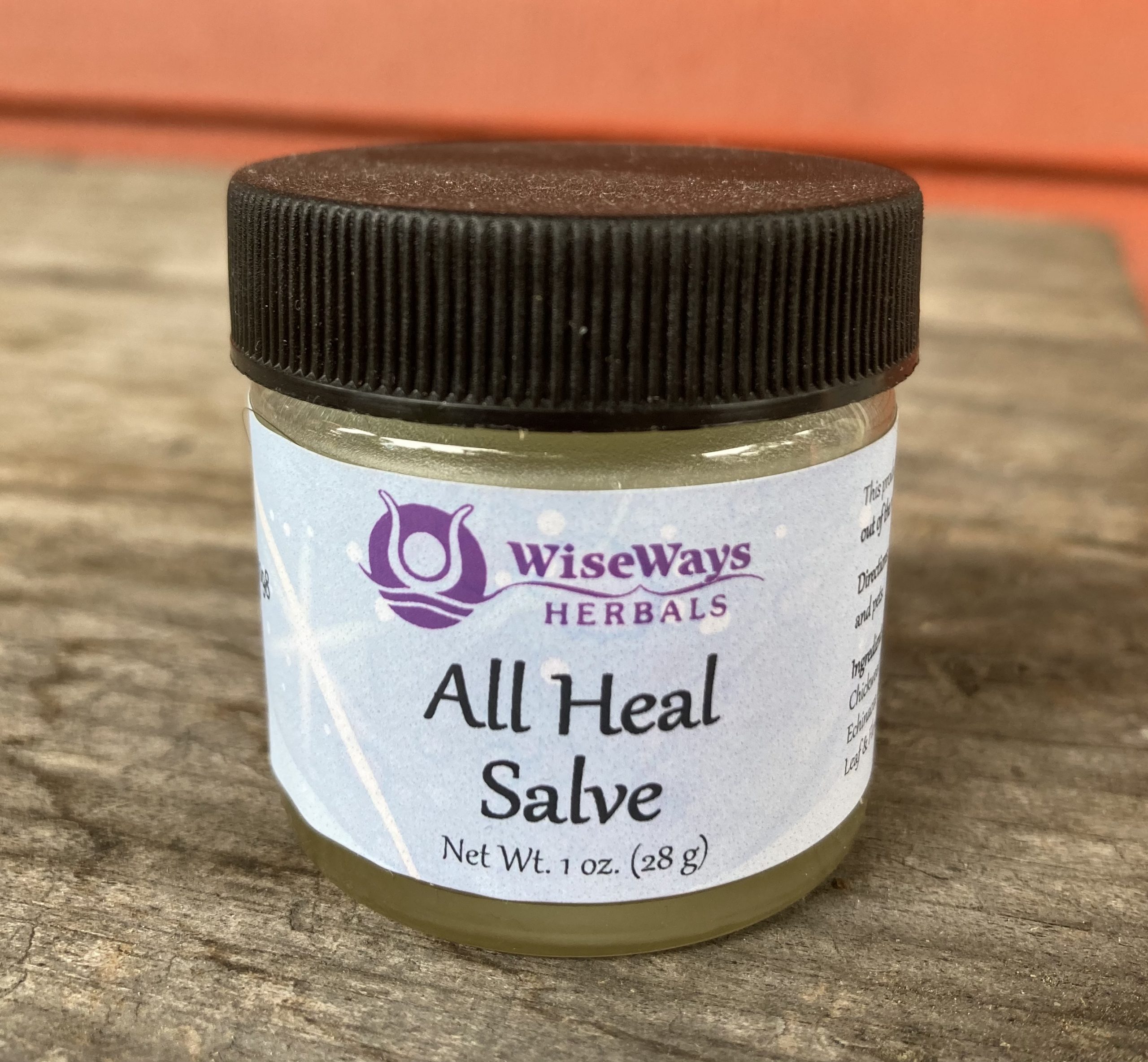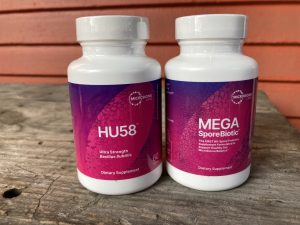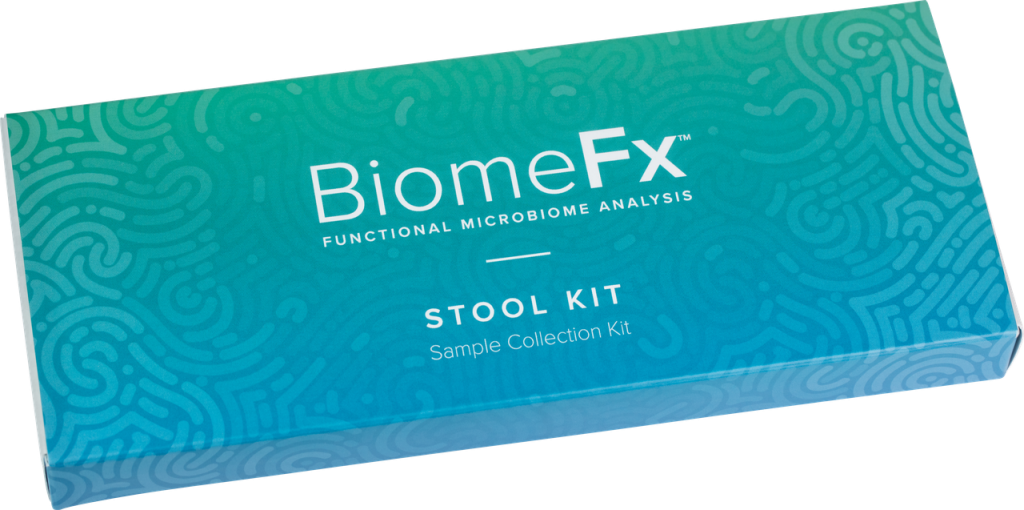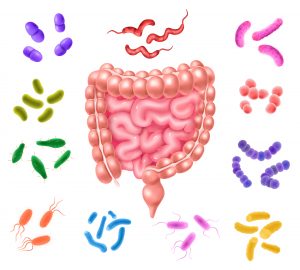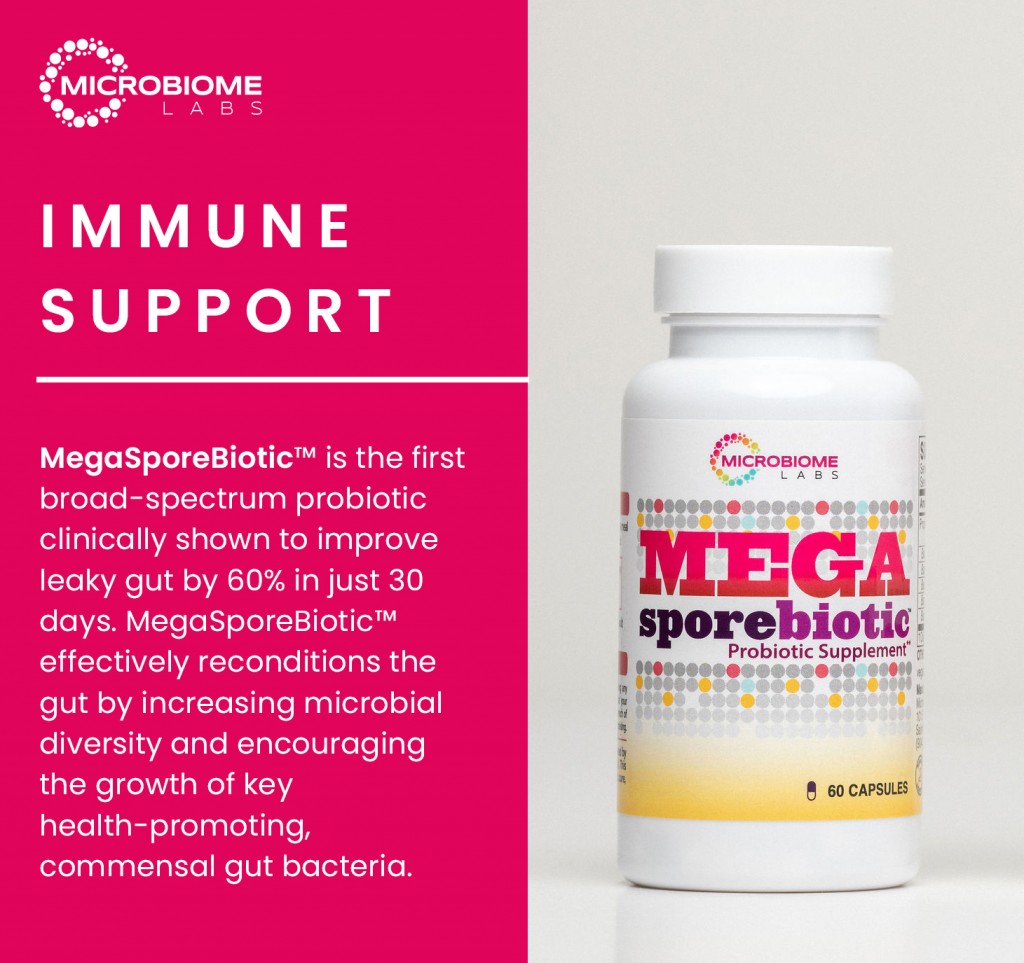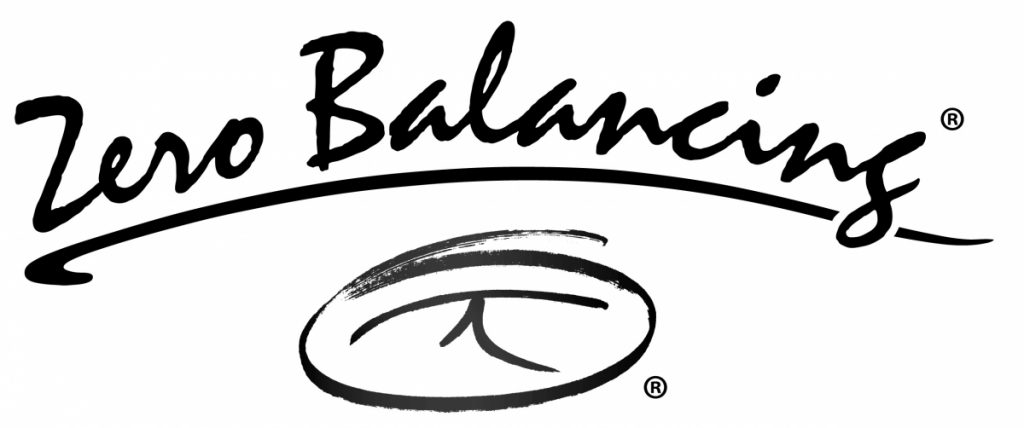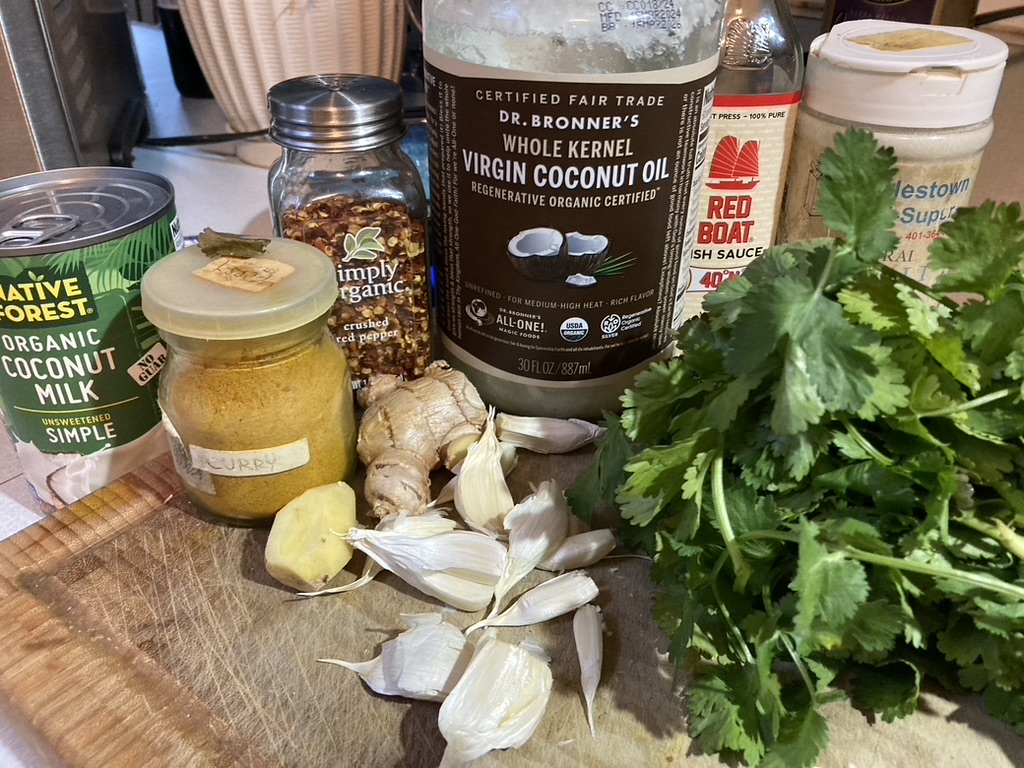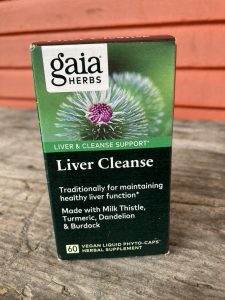11-14 December 2025
ZB I is a 25-hour professional, hands-on, body-mind therapy training, taught by Michele Doucette DC at Vermont Acupuncture and Wellness – 161 North Street in Burlington Vermont.
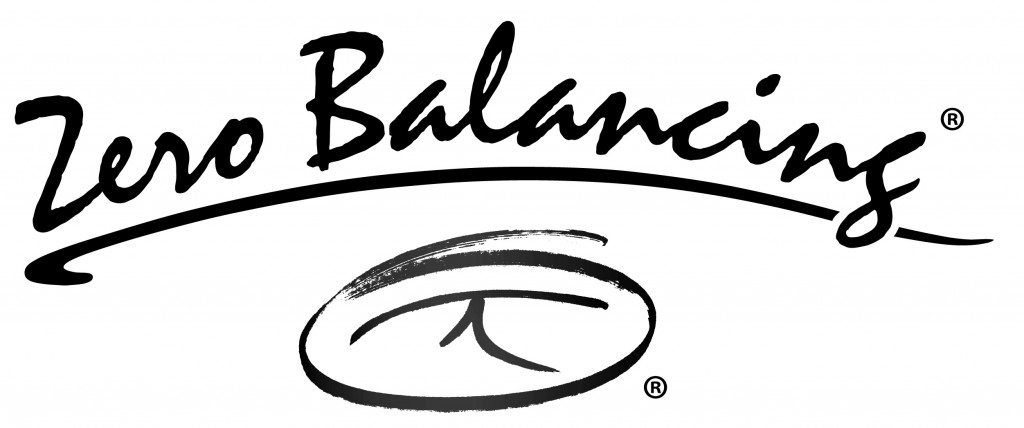
25 CEUs for MT, PT, OT, DC (VT), LAc
Register before October 11 at $595, November 11 at $695, and $795 thereafter. Email Michele directly to get the promo code for early registration.
What is more fun than feeling vital life force moving through your bones? How does the skeleton relate to the deepest flow of energy and information in the body? What happens in a patient’s life when they become grounded in the feeling of their unique embodied essence and and begin to live life with presence, ease, and grace? How do tension patterns in the body form filters trough which people relate to themselves and others? What are the mechanisms of held trauma and how is it released from the body? How can skilled, conscious touch reach all levels of a person; physical, mental, emotional, and spiritual? How does transformative touch contribute to the evolution of humanity? Join this joyful, creative, theoretically expansive, and clinically essential class and set things in serious motion in your personal and professional life.
Read More